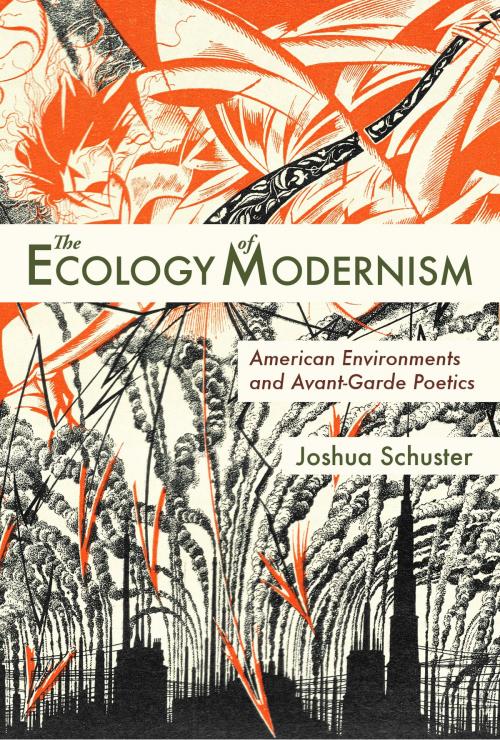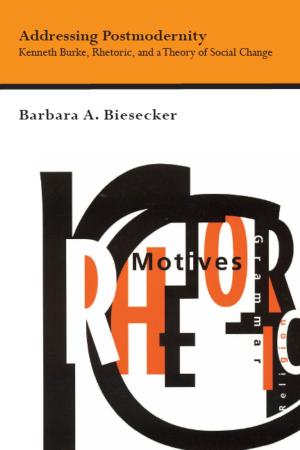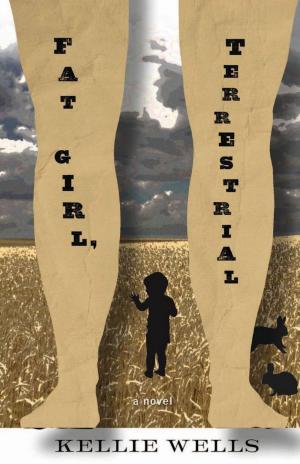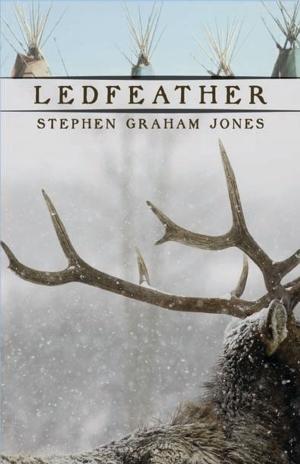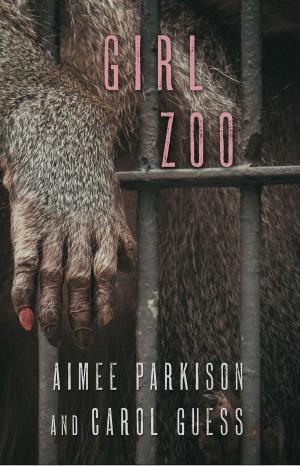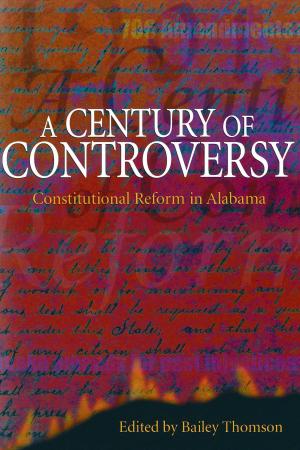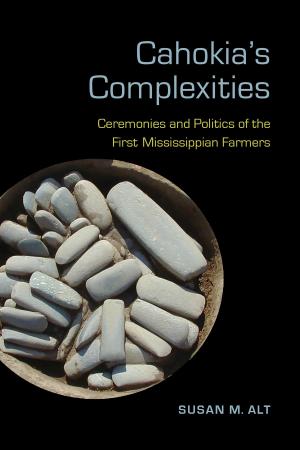The Ecology of Modernism
American Environments and Avant-Garde Poetics
Fiction & Literature, Literary Theory & Criticism, Poetry History & Criticism, Nonfiction, Science & Nature, Nature, Environment, Ecology| Author: | Joshua Schuster | ISBN: | 9780817388539 |
| Publisher: | University of Alabama Press | Publication: | October 15, 2015 |
| Imprint: | University Alabama Press | Language: | English |
| Author: | Joshua Schuster |
| ISBN: | 9780817388539 |
| Publisher: | University of Alabama Press |
| Publication: | October 15, 2015 |
| Imprint: | University Alabama Press |
| Language: | English |
In The Ecology of Modernism, Joshua Schuster examines the relationships of key modernist writers, poets, and musicians to nature, industrial development, and pollution. He posits that the curious failure of modernist poets to develop an environmental ethic was a deliberate choice and not an inadvertent omission.
In his opening passage, Schuster boldly invokes lines from Walt Whitman’s “Crossing Brooklyn Ferry,” which echo as a paean to pollution: “Burn high your fires, foundry chimneys! cast black shadows at nightfall!” Schuster labels this theme “regeneration through pollution” and demonstrates how this motif recurs in modernist compositions. This tolerance for, if not actual exultation of, the by-products of industrialization hindered modernist American artists, writers, and musicians from embracing environmentalist agendas.
Schuster provides specific case studies focusing on Marianne Moore and her connection of fables with animal rights; Gertrude Stein and concepts of nature in her avant-garde poetics; early blues music and poetry and the issue of how environmental disasters (floods, droughts, pestilence) affected black farmers and artists in the American South; and John Cage, who extends the modernist avant-garde project formally but critiques it at the same time for failing to engage with ecology. A fascinating afterword about the role of oil in modernist literary production rounds out this work.
Schuster masterfully shines a light on the modernist interval between the writings of bucolic and nature-extolling Romantics and the emergence of a self-conscious green movement in the 1960s. This rewarding work shows that the reticence of modernist poets in the face of resource depletion, pollution, animal rights, and other ecological traumas is highly significant.
In The Ecology of Modernism, Joshua Schuster examines the relationships of key modernist writers, poets, and musicians to nature, industrial development, and pollution. He posits that the curious failure of modernist poets to develop an environmental ethic was a deliberate choice and not an inadvertent omission.
In his opening passage, Schuster boldly invokes lines from Walt Whitman’s “Crossing Brooklyn Ferry,” which echo as a paean to pollution: “Burn high your fires, foundry chimneys! cast black shadows at nightfall!” Schuster labels this theme “regeneration through pollution” and demonstrates how this motif recurs in modernist compositions. This tolerance for, if not actual exultation of, the by-products of industrialization hindered modernist American artists, writers, and musicians from embracing environmentalist agendas.
Schuster provides specific case studies focusing on Marianne Moore and her connection of fables with animal rights; Gertrude Stein and concepts of nature in her avant-garde poetics; early blues music and poetry and the issue of how environmental disasters (floods, droughts, pestilence) affected black farmers and artists in the American South; and John Cage, who extends the modernist avant-garde project formally but critiques it at the same time for failing to engage with ecology. A fascinating afterword about the role of oil in modernist literary production rounds out this work.
Schuster masterfully shines a light on the modernist interval between the writings of bucolic and nature-extolling Romantics and the emergence of a self-conscious green movement in the 1960s. This rewarding work shows that the reticence of modernist poets in the face of resource depletion, pollution, animal rights, and other ecological traumas is highly significant.
